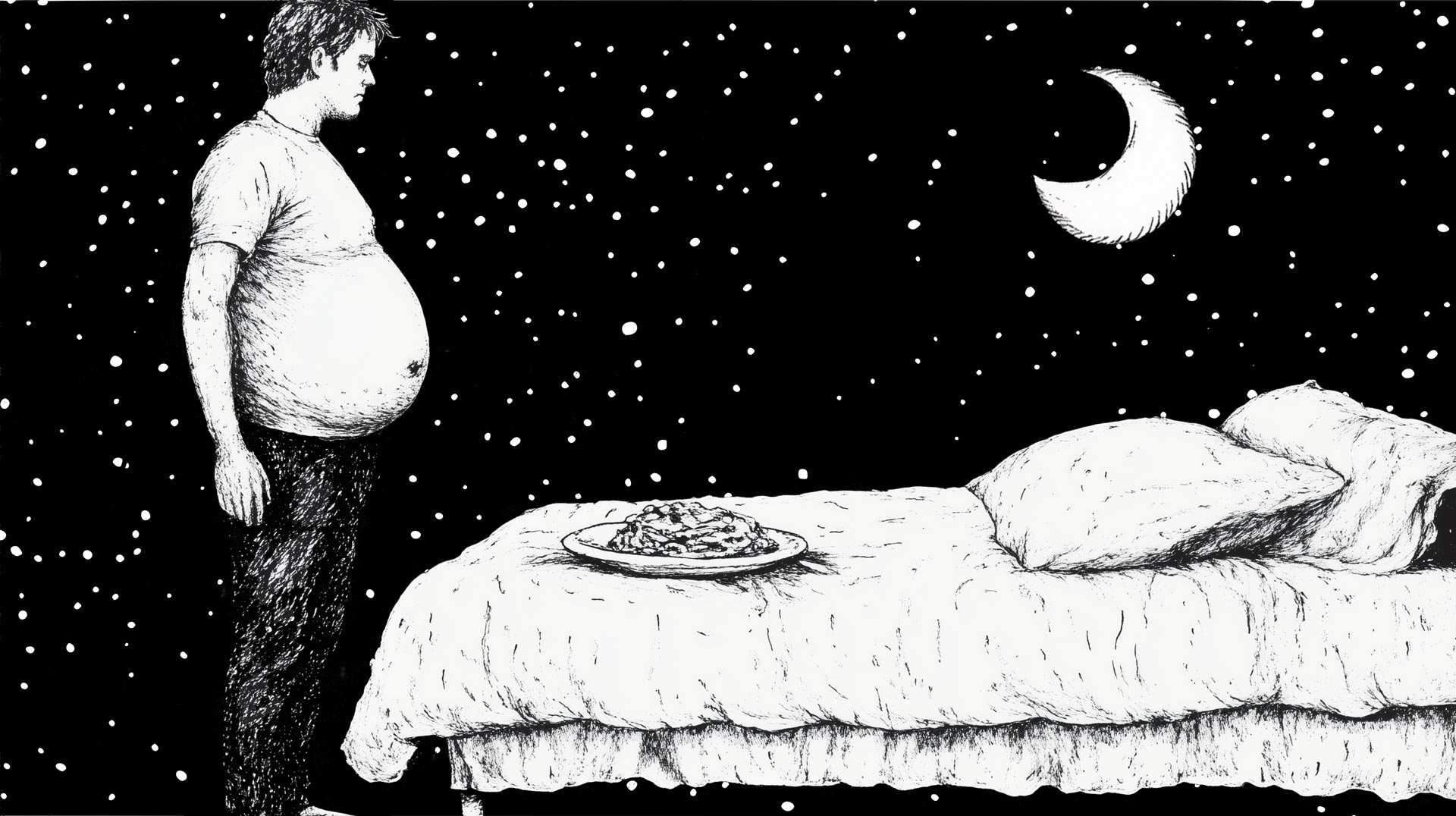Well, if you read this you have an advantage.
What advantage do I mean? Let me tell you about the importance of sleep.
The fact that you know that getting enough sleep is very important.
In case you didn’t know. Now you do. You’re welcome.
Jokes aside. Sleep can be a game changer. For what? For everything! Your health, how you feel, how you learn, your performance, and so on…
Think about it that way. The couple of hours you sleep affect all the other hours you’re awake.
And if you don’t believe us yet, that’s okay, just read on and you will get there. Thousands of studies already highlight the difference sleep can make. So, let’s take a look at those findings!
In this Article we will cover:
Why Is Sleep Important for Us?

Sleep is crucial for both body and mind. During sleep, we go through different sleep cycles. Each cycle has different functions. They repair tissues, consolidate memories, and rejuvenate our brain function. So, let’s dive deeper into why we need it and what the big benefits of getting enough sleep are.
Brain Function and Cognitive Performance
One of the most significant benefits of sleep is its effect on our cognitive performance. Studies have found that if you’re well rested you perform much better on tests of memory, attention, and creativity than those who are sleep deprived.

- Memory Retention: Sleep helps consolidate memories, making it easier to retain information. According to a study published in Nature Neuroscience, people who sleep after learning new information are 20-30% more likely to remember it than those who stay awake.
- Problem Solving and Creativity: Research by Harvard Medical School found that people who slept well were 33% better at problem-solving. Furthermore, they were 40% more creative than those deprived of sleep.
- Focus and Productivity: Studies show that those who sleep 7-9 hours a night are significantly more productive. And their concentration improved with them making fewer mistakes.
Physical Health Benefits
Sleep is just as crucial for our physical health as it is for mental well-being.

- Heart Health: Sleep reduces stress and inflammation in the cardiovascular system. Studies indicate that people who sleep less than six hours a night are at a 48% higher risk of developing or dying from heart disease.
- Immune System Strength: Sleep strengthens our immune system, allowing it to better fight off infections. Research shows that people who get less than seven hours of sleep are three times more likely to catch a cold than those who sleep for eight hours or more.
- Weight Management: Sleep also influences hormones related to hunger. A study published in PLOS Medicine found that sleep-deprived people are 55% more likely to be obese due to increased cravings for high-calorie foods.
- Sport Performance: Quality sleep is essential for athletes and those engaged in regular physical activity. Research indicates that adequate sleep improves reaction times, endurance, and muscle recovery. For example, one study found that increasing sleep to 9–10 hours improved the performance of basketball players. Enhancing both shooting accuracy and sprint times.
- Heart Health: Sleep reduces stress and inflammation in the cardiovascular system. Studies indicate that people who sleep less than six hours a night are at a 48% higher risk of developing or dying from heart disease.
- Immune System Strength: Sleep strengthens our immune system, allowing it to better fight off infections. Research shows that people who get less than seven hours of sleep are three times more likely to catch a cold than those who sleep for eight hours or more.
- Weight Management: Sleep also influences hormones related to hunger. A study published in PLOS Medicine found that sleep-deprived people are 55% more likely to be obese due to increased cravings for high-calorie foods.
- Sport Performance: Quality sleep is essential for athletes and those engaged in regular physical activity. Research indicates that adequate sleep improves reaction times, endurance, and muscle recovery. For example, one study found that increasing sleep to 9–10 hours improved the performance of basketball players. Enhancing both shooting accuracy and sprint times.

Emotional and Mental Health

Quality sleep has a profound impact on mood and emotional stability.
- Mood Regulation: Studies show that people who sleep well experience fewer mood swings and are generally less stressed.
- Reduced Anxiety and Depression: Poor sleep is linked to a 60% increase in mental health disorders, especially anxiety and depression.
How Long Should I Sleep?
Now you know it, getting enough sleep is essential. But the “right” amount can vary from person to person. Factors like lifestyle, health, and genetics all play a role in determining individual sleep needs.
While these general guidelines are a helpful starting point, it’s important to listen to your body and adjust as needed.
- Adults (18-64 years): 7-9 hours
- Older Adults (65+ years): 7-8 hours
- Teenagers (14-17 years): 8-10 hours
- Children (6-13 years): 9-11 hours


Now you know it, getting enough sleep is essential. But the “right” amount can vary from person to person. Factors like lifestyle, health, and genetics all play a role in determining individual sleep needs.
While these general guidelines are a helpful starting point, it’s important to listen to your body and adjust as needed.
- Adults (18-64 years): 7-9 hours
- Older Adults (65+ years): 7-8 hours
- Teenagers (14-17 years): 8-10 hours
- Children (6-13 years): 9-11 hours
FAQs
What are the dangers of lack of sleep?
Lack of sleep affects cognitive functions, leading to memory issues, trouble concentrating, and increased irritability. Over time, it raises the risk of serious health issues like heart disease, weakened immune system and obesity.
Benefits of getting enough sleep?
Getting enough sleep sharpens mental clarity, strengthens the immune system, and supports physical health, reducing the risk of illnesses. It also helps regulate hormones that control hunger and stress, promoting a balanced mood and better weight management.
What is the real purpose of sleep?
Sleep is essential for the body and mind to recharge, repair cells, and process information from the day. It allows for hormone regulation and memory consolidation, enabling us to wake up refreshed and ready to perform.
Why is REM sleep important?
REM sleep plays a key role in learning and emotional health by processing experiences and forming memories. It also contributes to brain development and helps stabilize mood by balancing emotional responses.



